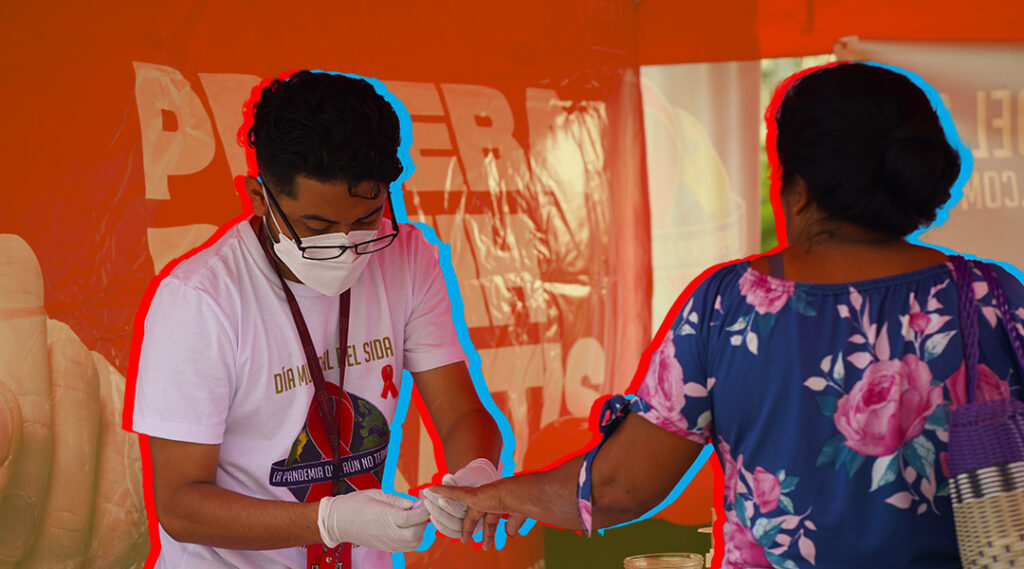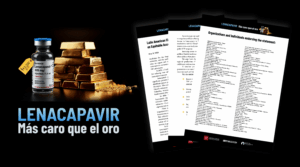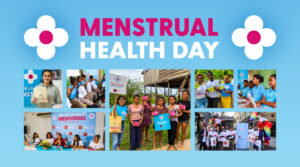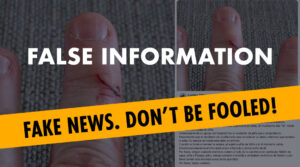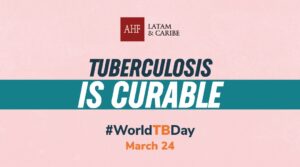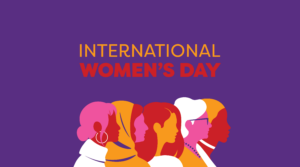After the hard years that the COVID-19 pandemic has left behind, the end of the year celebrations seemed like the perfect time to live again. But if perhaps you took it too intensely and so many toasts led you to an unprotected sexual encounter, here we tell you what you can do in that situation in which you were exposed to HIV.
Risk contacts
The euphoria of the celebrations, the excess of alcohol or the consumption of some other drug may have interfered in your decisions to protect yourself from HIV. If you had a risk contact, it is useless to regret it, it is preferable to take actions that clarify a panorama that may now be nebulous.
We can start by saying what is a risk contact? This concept mainly refers to sexual activity carried out without protection, that is, without barrier methods, such as external or internal condoms (also called male or female, respectively). Furthermore, said sexual activity had to have involved sexual fluids such as semen, pre-ejaculatory fluid, and vaginal fluids, as well as blood, whether menstrual or otherwise.
On the other hand, having shared injection equipment (syringes or needles) when using drugs is also considered a risk contact, since it must be remembered that the blood route is the most effective for the transmission of HIV from one person to another.
When in doubt, get tested
One important action you can take if you think you may have been at risk for HIV is to get tested. Today they are very easy to perform, can be done in minutes, and the result is confidential, so the shame, stigma, and pressure that once surrounded this exam are in the past.
Rapid tests (like the ones we do at AHF Latin America and the Caribbean) require just a drop of blood from your finger, and provide a reliable result within 20 minutes. Don’t forget that for this type of test to work correctly, you must wait at least three months from your last risk contact, as this would be enough time for your body to generate antibodies against HIV, if the virus were present.
In addition to the risk situations explained above, it is also advisable to get an HIV test if you have been detected with any other sexually transmitted infection (STI), such as syphilis, gonorrhea, trichomonas, candidiasis, genital herpes, HPV, etc., since these infections make you more vulnerable to HIV, or they may have entered your body at the same time as the virus.
And then what?
If you get tested for HIV at a government hospital or a civil organization, you will most likely have a counseling session before or after you get the result. This is a great support so that you can solve all your doubts regarding the subject, with specially trained personnel for this.
In the event that the result is negative, you will have the peace of mind that the virus is not in your body and you can also begin to reinforce your precautions. Remember that the constant and correct use of condoms is the most effective tool to prevent not only HIV, but also other STIs and even a pregnancy that is not in your plans.
On the other hand, if you were to get a positive result, immediate actions will help maintain your health. It is very important to link yourself to the health institution that corresponds to you so that you start antiretroviral treatment as soon as possible. This treatment is very beneficial in two aspects:
– For the person with HIV, it helps to stop the replication of HIV in the body, with which the immune system recovers and it is possible to live a long life in conditions very similar to those of someone who does not have HIV.
– To other people, it protects them from transmitting the virus, since someone who has HIV but keeps it under control (undetectable) cannot transmit it. This is called undetectable = untransmutable.
In any case, knowledge is power, and taking an HIV test will undoubtedly help you make better decisions for your health.
If you want to get a free screening test, come to the offices of AHF Latin America and the Caribbean, we are in 11 countries in the region.

